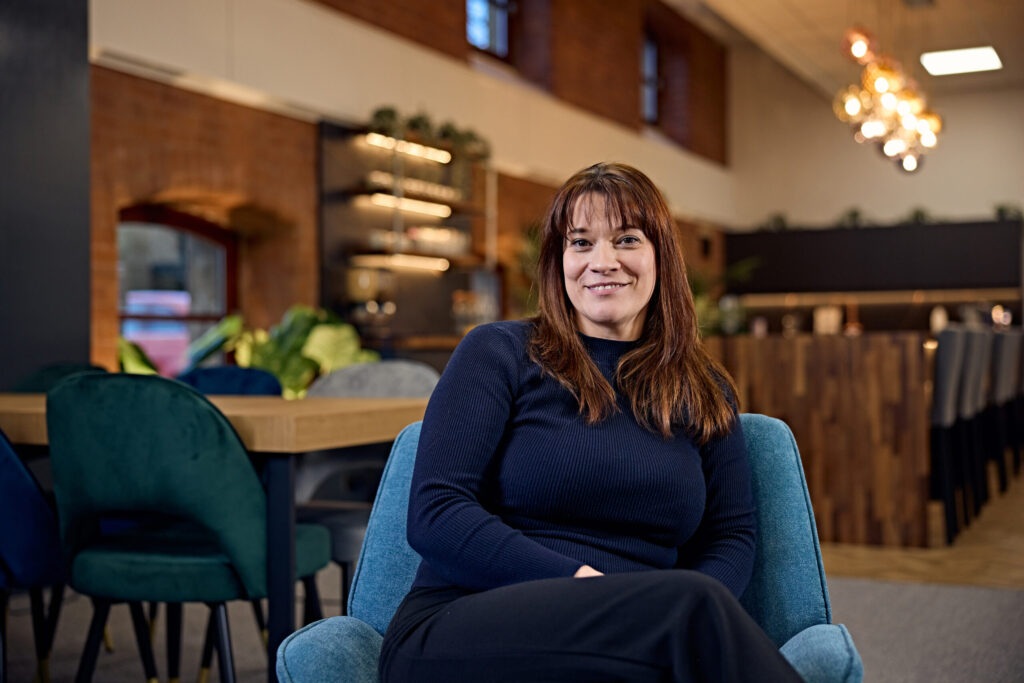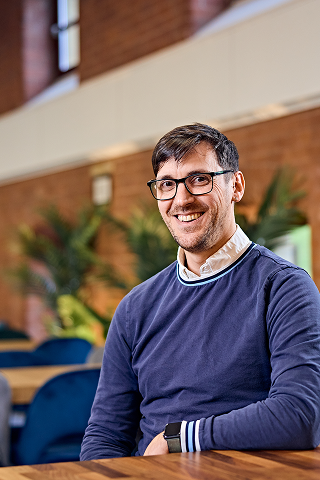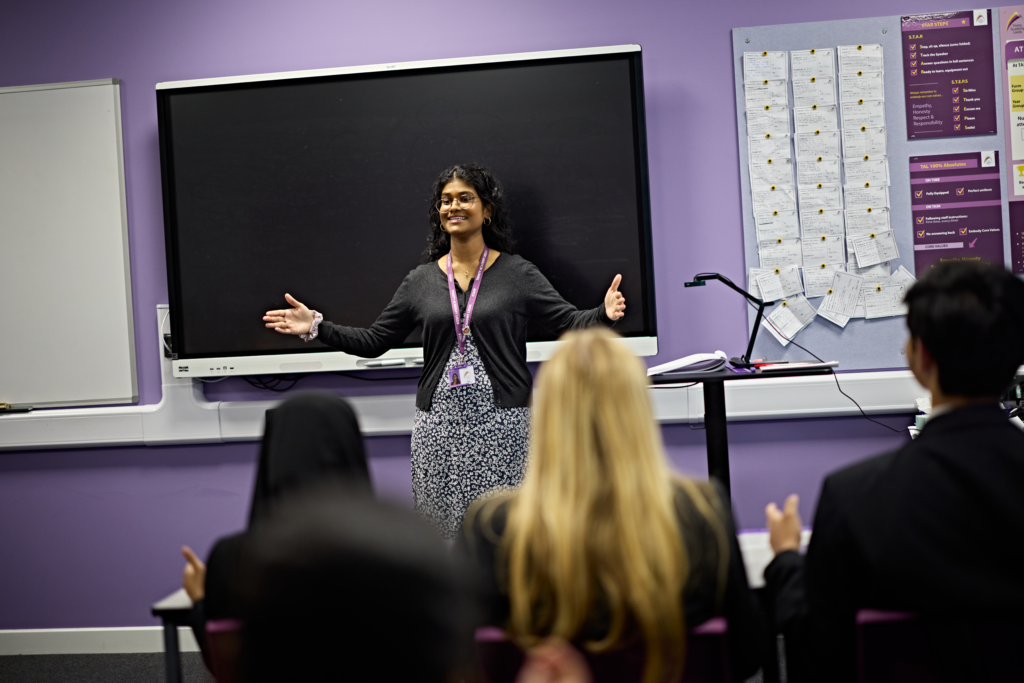You need 2 professional references to apply – they can’t be from Hotmail, Outlook, Gmail, etc. accounts.
Unlike a standard work reference, your references for teacher training need to be named individuals rather than (for example) a human resources team or academic department.
Your referees will be asked to write up to 500 words about your character and potential to teach.
It’s worth contacting them before you apply so they understand why you’re applying and what they’ll be asked to do.
Choose referees who could comment on things like your:
- communication skills
- reliability and professionalism
- ability to work with children
- transferable skills
- academic skills
Ideal referees could include:
- your university tutor or supervisor
- your current line manager at work
- your previous employer
- a teacher at a school where you work or volunteer
- a supplier or client you’ve worked with (if you’re self-employed)
Referees should not be family members, partners or friends.
It’s important to have at least one academic or professional reference.
Training providers will accept a character reference, such as a mentor or someone you know from volunteering, as a second reference.
If you’re applying for a salaried course, one of your references must be from an employer.
You can request as many references as you like to increase the chances of getting 2 quickly.
Once you’ve received 2 or more references, you can select the 2 you want to include in your application.











